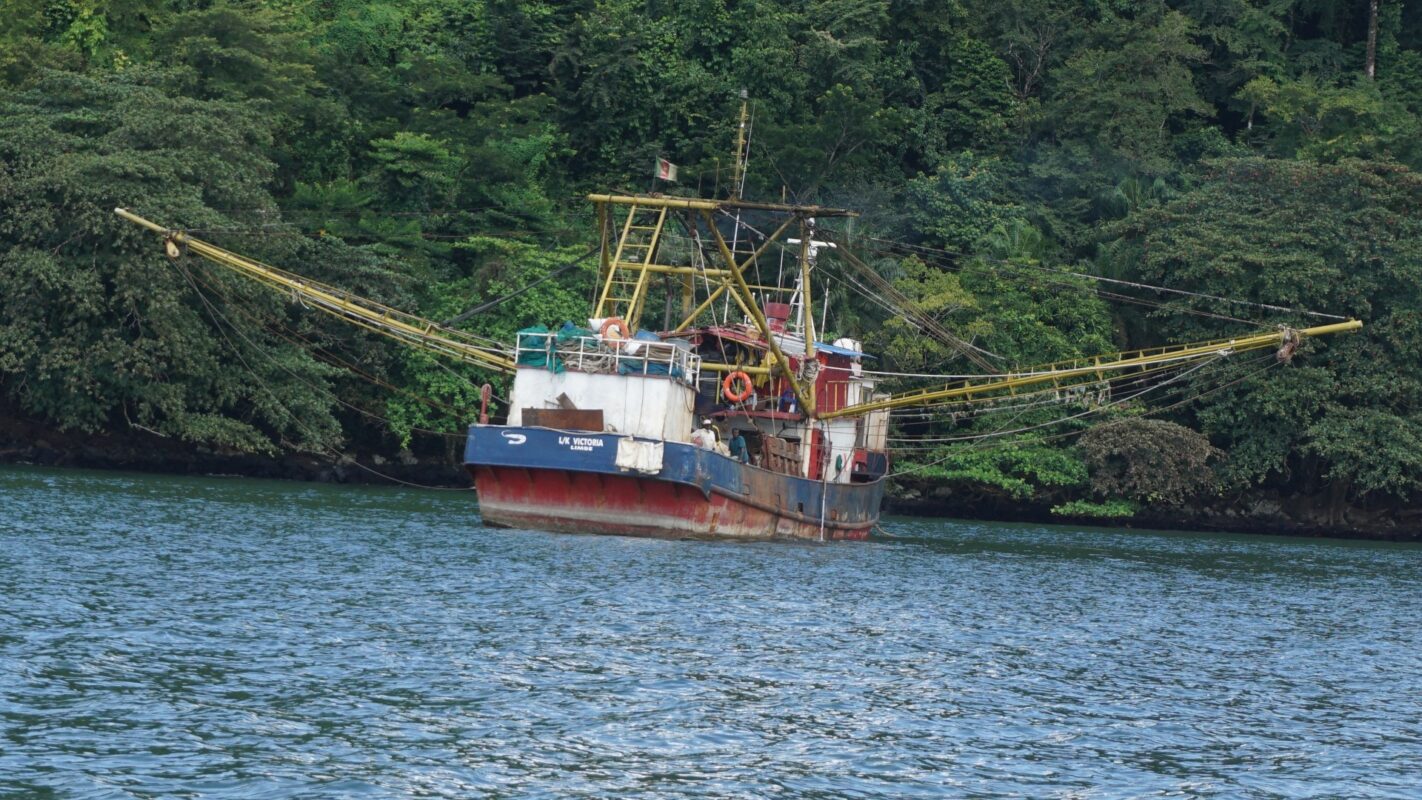For more than a decade Cameroon has been in the dark ages with regards to transparency of information on fishing licenses. The Ministry in charge of fisheries has never published information about fishing vessels flying Cameroon’s flag on the ministry’s website. However, in the last two years, things slowly started taking a more positive turn since the country has been regularly publishing the lists of vessels authorized to operate in its waters.
Why the delay in bringing to light such pertinent information?
The rapid expansion of the fishing industry in the last five years caused many African countries, including Cameroon, to face a huge challenge in the management of its fishing registry, fisheries resources, as well as an effective implementation of governance measures, in law and practice. While it is important to undertake transparency measures, emphasis should be laid on the management of fishing activities by government entities, activities of fishing vessels, and traceability of fisheries products, from boat to plate.
Cameroon started publishing the list of fishing licenses in 2023, after the country received a “red card” from the EU for continuous registration of fishing vessels suspected of illegal, unreported, and unregulated (IUU) fishing activities, operating outside its waters with insufficient monitoring of their activities.
Transparency measures undertaken by the government of Cameroon
In order to demonstrate strong willingness to improve its behavior, Cameroon has engaged in certain actions with the aim to meet some international transparency requirements such as publicizing its list of fishing licenses on the ministry’s website. One of these actions could be seen in the revision of Cameroon’s fishing law to meet higher international fisheries governance standards. Some principles of the Port State Measure Agreement (PSMA), such as equipping fishing vessels with geo-localization devices and the possibility of institutionalizing an on-board observer program, have been enshrined in domestic law.
In 2023 and 2024, the Ministry of Livestock, Fisheries and Animal Industries (MINEPIA) published its fishing license list as strongly recommended by a non-governmental organization (NGO), Environmental Justice Foundation (EJF), which has a proven track record in aspects related to transparency and fisheries governance. This publication brought to light 38 fishing licenses issued in 2023 and 39 fishing licenses issued in 2024. The state authority affirms that it is “opting for transparency in the management of fishing activities, monitoring, control and surveillance of its vessels and improving the traceability of fishery products”. The 2023 list was further published on the FAO Global record, a single access point for information on vessels as illustrated in the figure below:

Equally important is bringing out of the shadows the process of vessel registration in Cameroon which is carried out by the Ministry of Transport (MINT). This administration has shown some willingness towards improving things and will be engaged in the development of a digital system. This will enhance traceability and proper monitoring of Cameroon’s fishing fleet, especially IUU fishing fleet flying the country’s flag and operating outside Cameroon’s jurisdiction.
Stumbling blocks to effectively carry out transparency actions
Administrative bottleneck
Validating official documents in Cameroon involves rigorous procedures as many steps have to be undertaken. For instance, the fishery law which has taken many years for its enactment and is still under revision. In addition, this is the case with the MoU document which the government ought to sign with the Global Fishing Watch (GFW), an international NGO dedicated to advancing ocean governance through transparency of human activities at sea. This whole process slows down the development of strategic collaborations.
Insufficient funds
The acquisition of sophisticated technological equipment such as Vessel Monitoring Systems (VMS) & radars to track IUU fishing vessels’ activities entails mobilizing funds, which is challenging, given the country’s limited financial resources.
Insufficient collaboration
The administrations involved in fishery management have not sufficiently put heads together to better manage the fishing industry as is the case with MINEPIA and MINT, as far as fishing vessel registration is concerned.
Towards a more transparent sector
Policy recommendations
Adhering to fishing agreements such as the PSMA, which is the first binding instrument when it comes to IUU fishing, is necessary. Also, the country should adhere to the Fisheries Transparency Initiative (FITI), which comprises transparency requirements for the information that needs to be published by governments. The FiTI supports coastal countries to enhance the accessibility, credibility and usability of national fisheries management information.
Making communication effective
More importantly in addressing transparency in the fishing sector is to explore other avenues to better communicate to the government, general public, the media and coastal communities on issues pertaining to IUU fishing in Cameroon.




